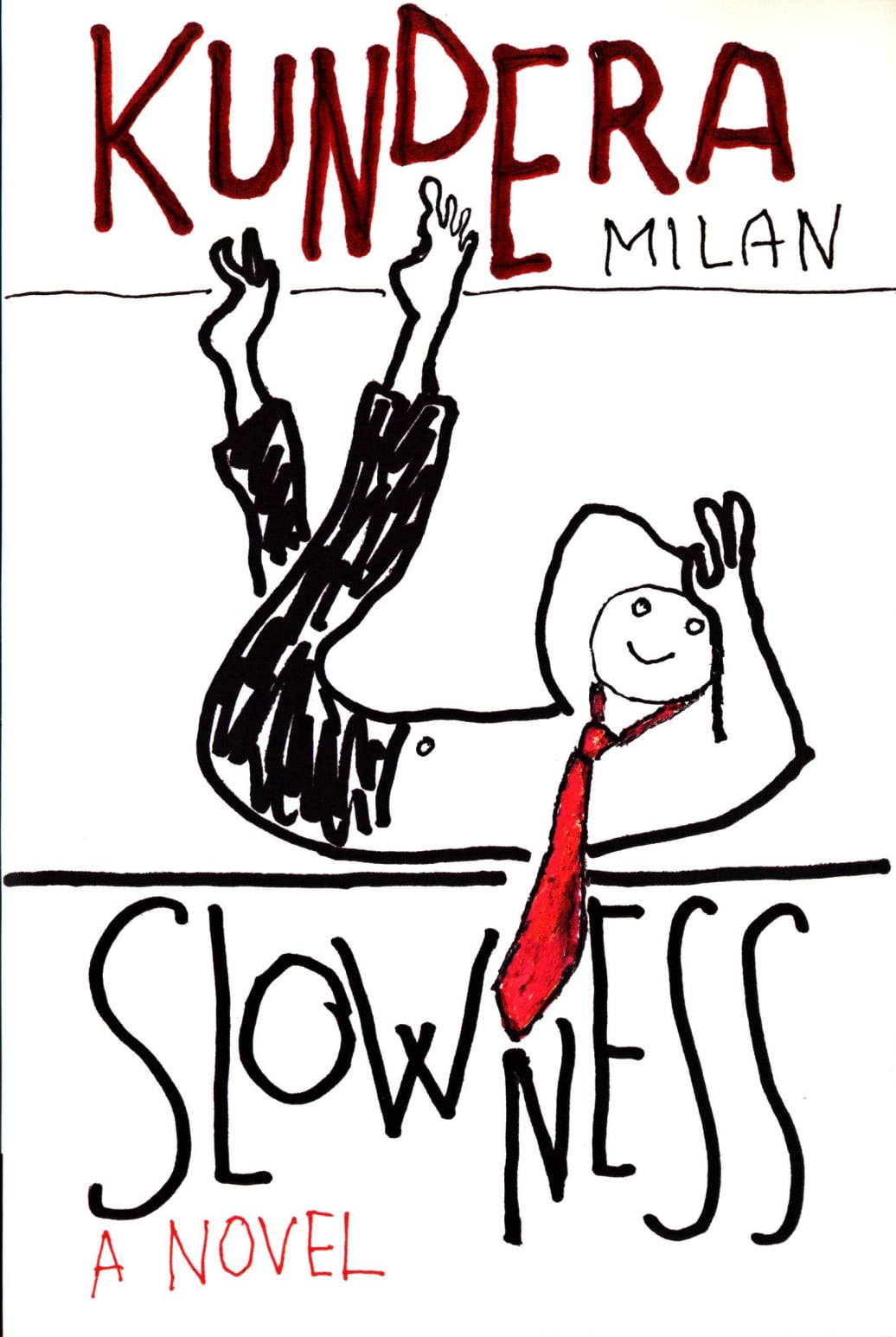
A heady, existential tale of seduction and romance by the author of modern classic The Unbearable Lightness of Being.
Faber & Faber, online
Slowness was Kundera’s first novel written in French. Disconcerted and enchanted, the reader follows him through a midsummer’s night in which two tales of seduction, separated in time by more than two hundred years, interweave and oscillate between the sublime and ridiculous.
Underlying this libertine fantasy is a profound meditation on contemporary life: about the secret bond between slowness and memory, about the connection between our era’s desire to forget and the way we have given ourselves over to the demon of speed. And about “dancers” possessed by the passion to be seen, for whom life is merely a perpetual show emptied of every intimacy and every joy.
As Kundera’s readers would expect, Slowness is at the same time a formidable display of existential analysis. Slowness (and rapidity), discretion (and exhibitionism) are the principal concepts, and those which are to the reader like vital keys for understanding life in our contemporary world.
London Review Bookshop, online
"You've often told me you wanted to write a novel someday with not a single serious word in it. A Big Piece of Nonsense for Your Own Pleasure. I'm frightened the time may have come. I just want to warn you: be careful. " I bow my head still lower. "You remember what your mother used to tell you? I can hear her voice as if it were yesterday: 'Milanku, stop making jokes. No one will understand you. You will offend everyone, and everyone will end up hating you.' Remember?" "Yes," I say. "I'm warning you. Seriousness kept you safe. The lack of seriousness will leave you naked to the wolves. And you know they're waiting for you, the wolves are. "
Faber & Faber, 2003, pp. 78
The world as will and idea must be read twice for the reading to make any sense at all: with this sentence Schopenhauer welcomes anyone who dares to try to get close to his main philosophical piece. A difficult work; an unrealistic, perhaps, but not unreasonable demand. Milan Kundera is far from asking for something similar. But even his new novel, Slowness, is worth reading several times - not because it is so difficult, but because it is so easily accessible, and much is easily overlooked on the first reading.
Slowness is a coherent, precisely constructed, psychologically detailed and beautiful book about the question of whether one can live for pleasure and be happy doing so. One probably cannot.
This book is one long sigh. But Milan Kundera does not try to mask it. Slowness is a lampooning of the media and a critique of culture, a novelistic and philosophical treatise, a literary-historical excursion and a key narrative. Kundera mourns the moral corruption of the intellectuals and the loss of intimacy through television, laments the fate of love in an age that has forgotten its pleasures and knows only sensual ecstasy, and curses the tyranny of the hustle and bustle.



The Milan Kundera Library is funded by the South Moravian Region and the City of Brno.
© 2024 Moravian Library in Brno